In April 1919, a violent mob formed in Jenkins County, Georgia, after a Black man shot and killed a white sheriff’s deputy. Louis Ruffin, an Army veteran, pulled out his gun to defend his family during a tense altercation between his father, a wealthy community leader named Joe Ruffin, and two police officers.
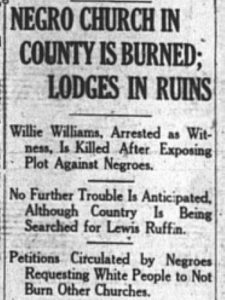
Macon Daily Telegraph, April 14, 1919. Source: University of Georgia Libraries
The terror started on the Ruffin family’s way to a festival at Carswell Grove Baptist Church, where Joe Ruffin would serve as marshal. On the road, Joe saw a friend, Edmond Scott, sitting in the back seat of a police car. The automobiles stopped and Joe got out. He offered to pay his friend’s bail ($400) by check. The officers refused the check, demanding cash instead. This would not be possible on a Sunday. Then, Joe reportedly moved to collect his friend. Violence erupted at the scene when W. Clifford Brown, the deputy, pistol whipped Joe and the gun discharged. Louis acted swiftly and shot Brown. Then, the Black men moved to defend themselves against the second officer who pulled out a gun. They killed him as well, but not before Brown shot Scott.
A white mob quickly formed and went on a rampage. The mob burned the church down, then killed two of Ruffin’s sons—one of them a thirteen-year-old. Rioters threw the bodies in the flames, then spread out through the area, burning Black lodges, churches, and cars. They killed several other people; no one knows how many. The wounded Joe Ruffin was saved from the lynch mob only because a white county commissioner drove him at high speed to the nearest big city, Augusta, and put him in the county jail there.
Ruffin was charged with the murder of the two white officers and for months was threatened with lynching. No one was ever charged with the killings of his sons, the destruction of the church, or other crimes against African Americans throughout the county.
Later he told a jury: “There is nobody as worried for what happened at Carswell Grove Church on that awful day as I am.”
Louis and Joe Ruffin escaped with their lives, but both died in exile. Guilty of murder, Louis fled from Georgia and went into hiding. His father died a free man in South Carolina, but was impoverished by the legal fees that kept him out of prison and separated from his three sons, his home, and their community.
The church building was rebuilt after the riots in 1919, but destroyed again by arson in 2014.
To learn more about the riot in Georgia, see the Harvard Divinity School article quoted above and the Carswell Baptist Church historic marker via the Georgia Historical Society.

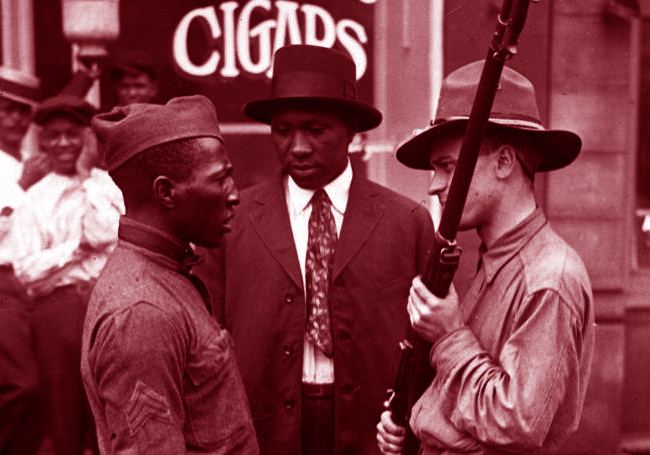
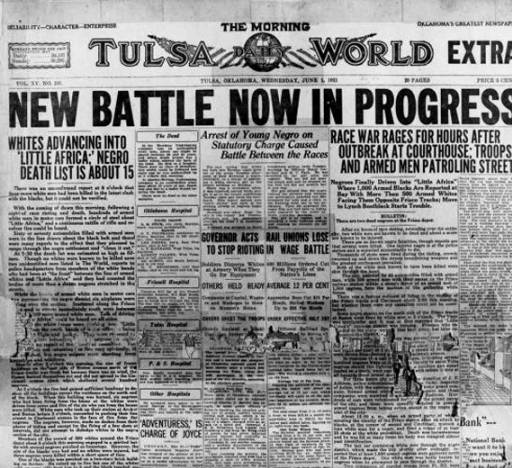
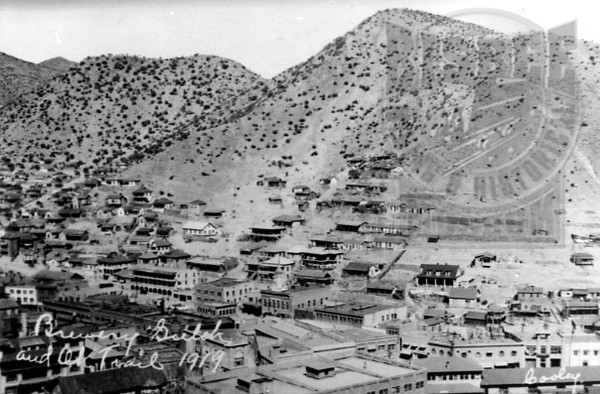
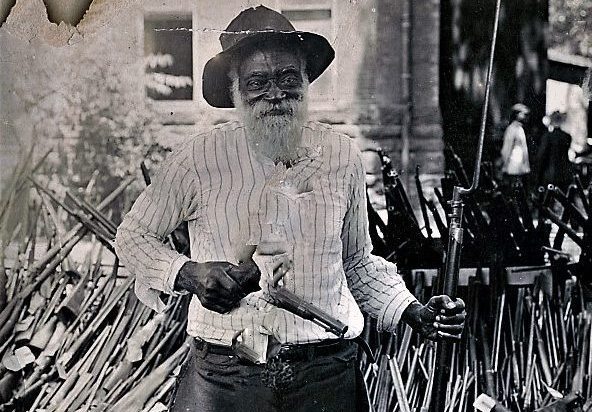
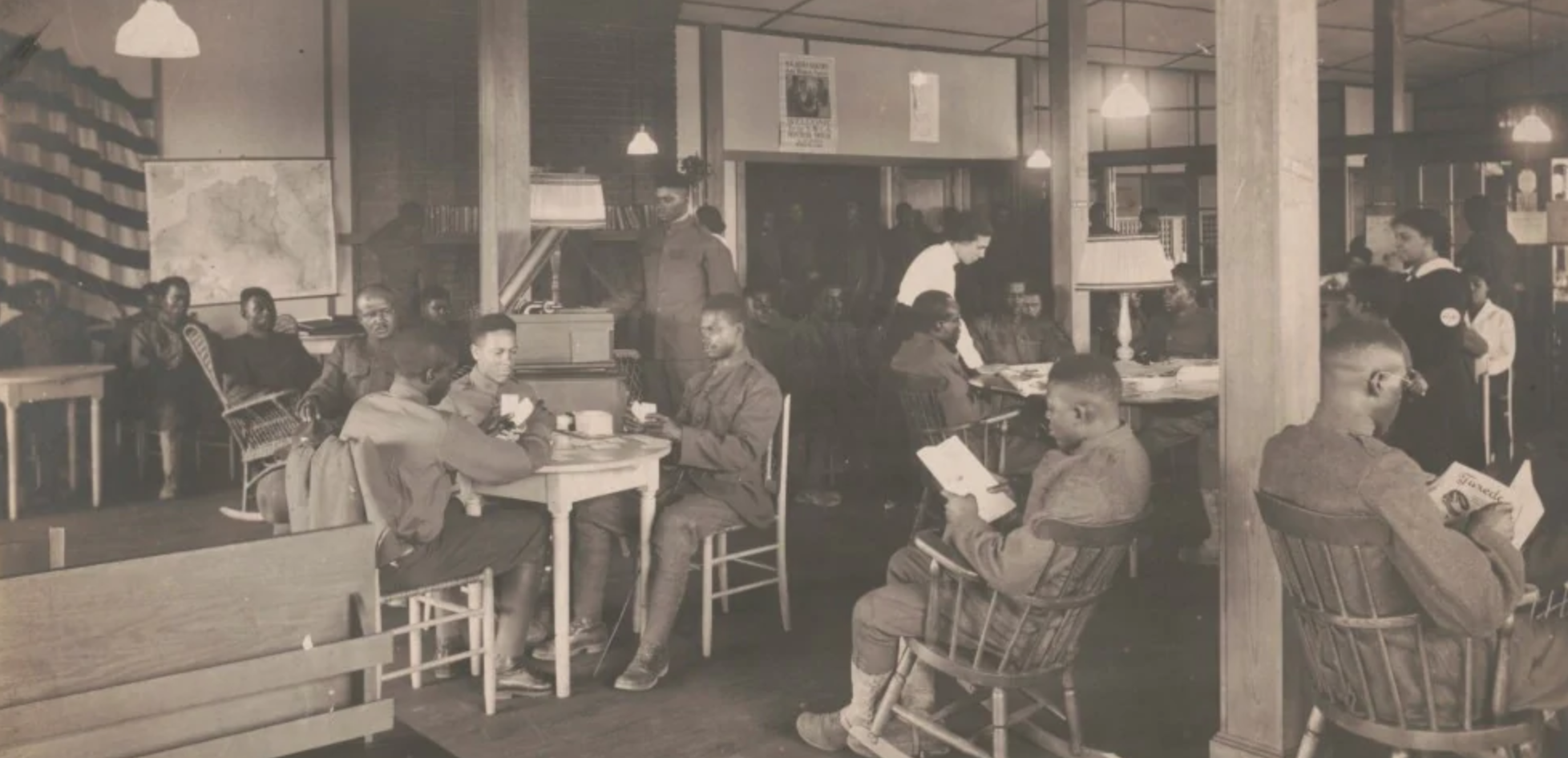
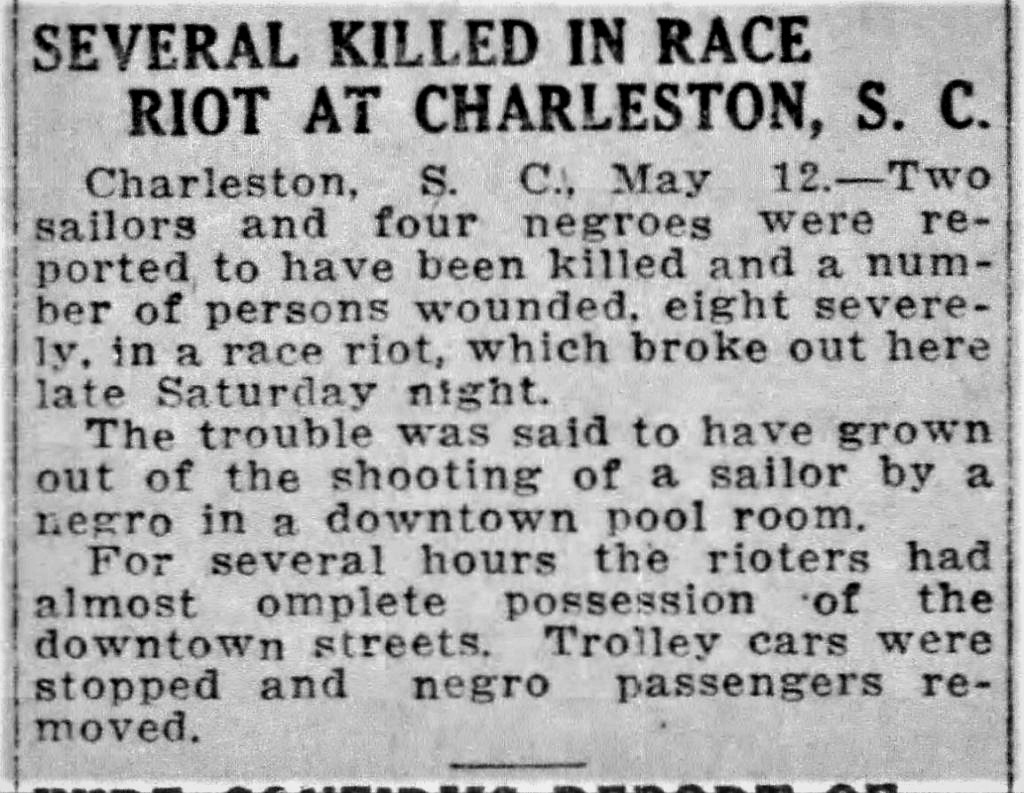
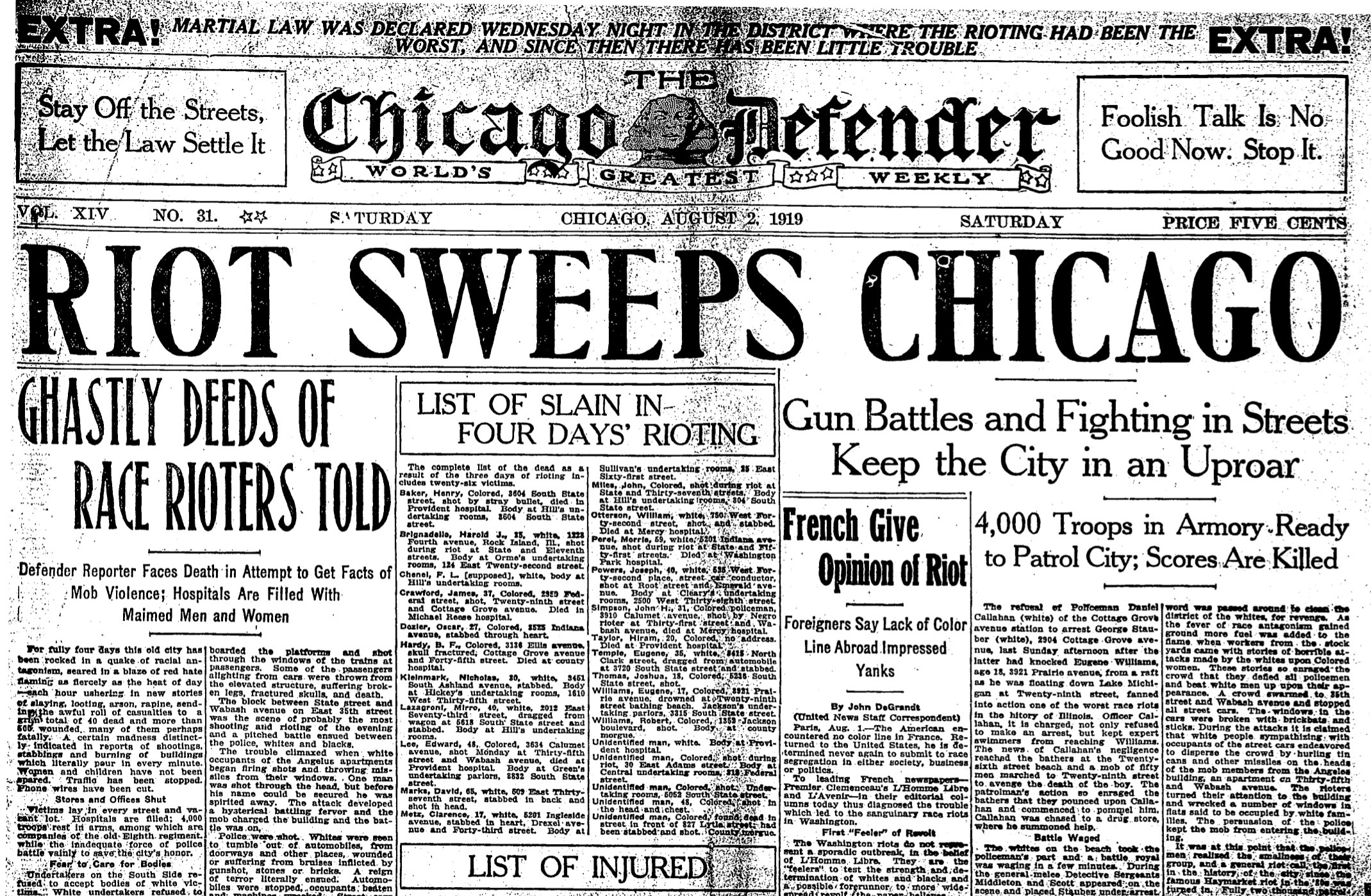
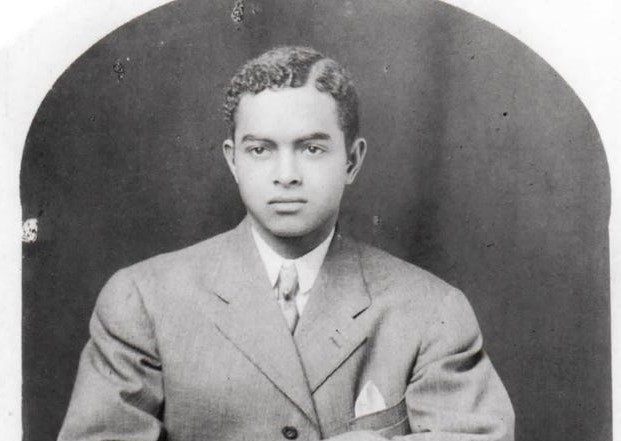

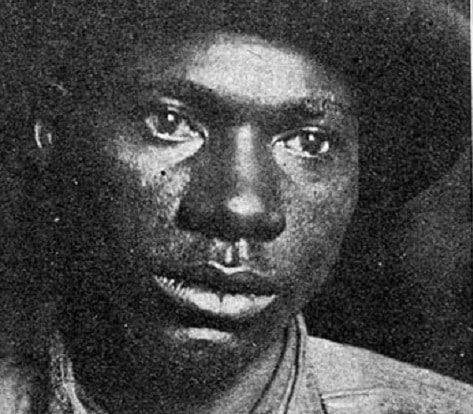
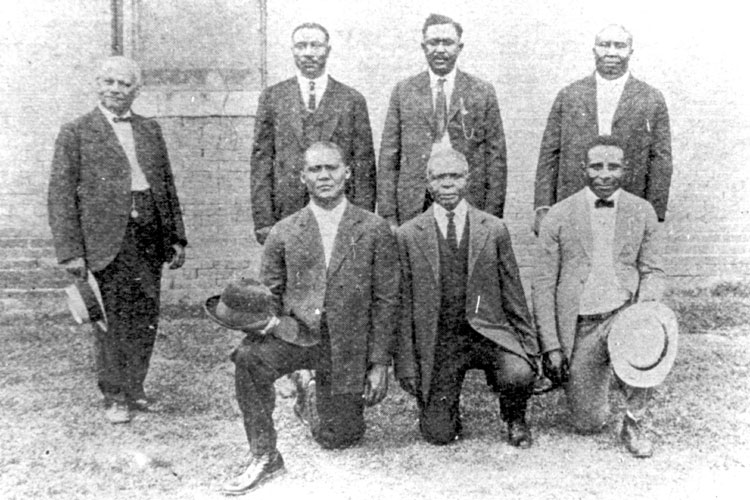
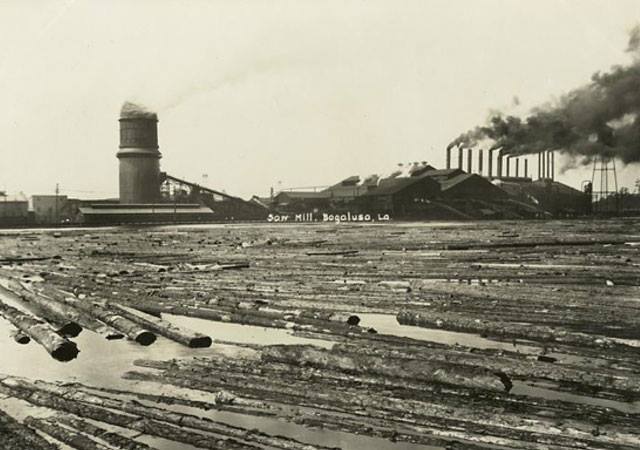





Twitter
Google plus
LinkedIn